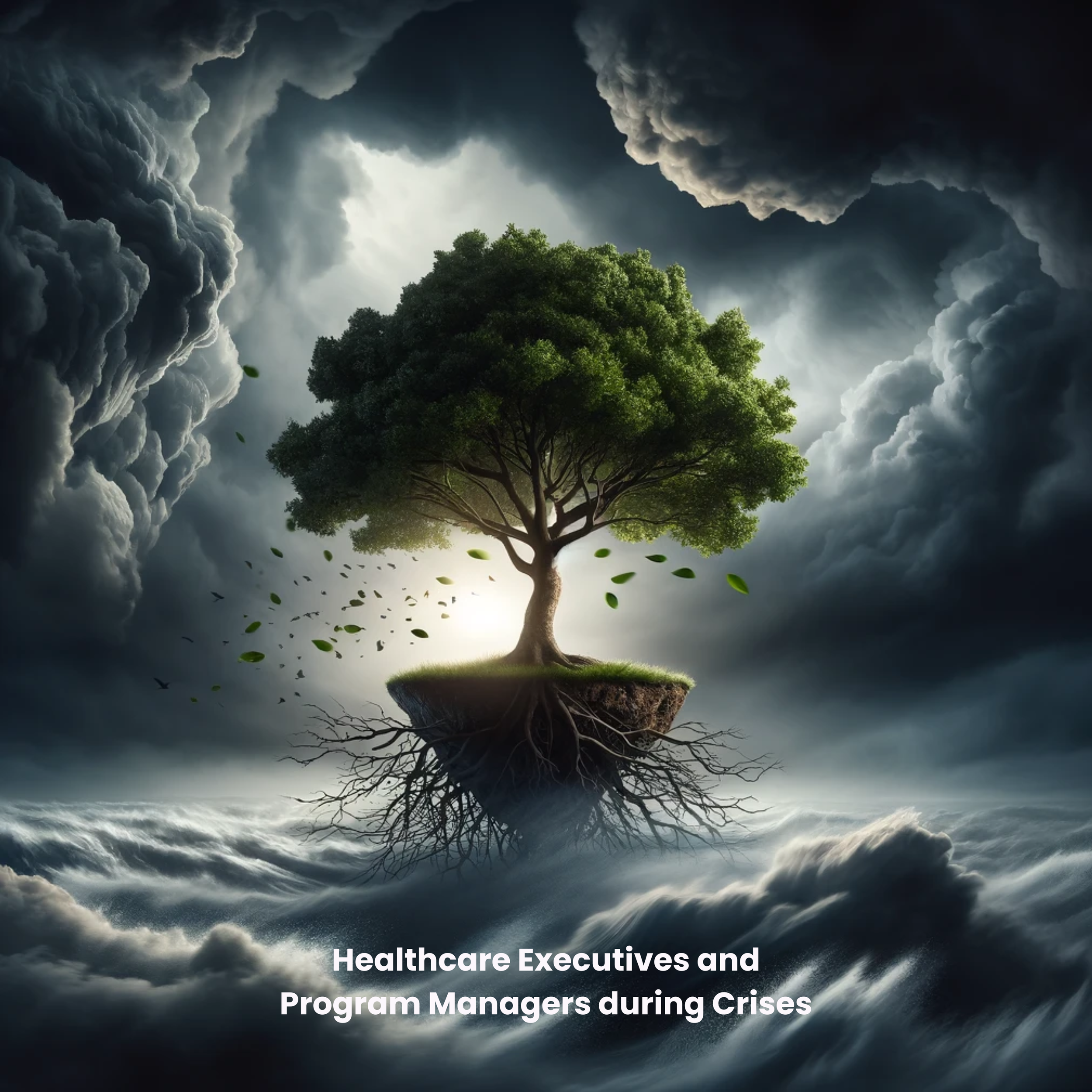Resilience in the Face of Crisis: A Guide for Healthcare and Program Managers
Resilience is not just about surviving a crisis; it's about thriving amidst adversity. Throughout my career in various global health emergencies, resilience has been the cornerstone of both personal and professional growth.
During my humanitarian and emergency response work in countries like Afghanistan, Pakistan, Syria, or Turkey I learned to embrace daily uncertainties and that resilience is as much about mental fortitude as it is about practical skills.
What sounds easy though does require the willingness and commitment to mindful conscious actions and continuous practice.
How to build and maintain resilience during crises is more than ever important for decision-makers, humanitarians and emergency response frontline professionals in healthcare and program management.
Acknowledging the importance of adaptive leadership, here are some crisis management techniques I found incredibly helpful. Please remember that you are not alone. Even at the Executive levels, there is a team, co-workers, and a supportive professional network one can tap into.
The following are my top ten practices that help me during intense working times in any setting:
Building resilience is a process that starts now to be available during crises through daily habits and practices.
Crisis management techniques entail to stay adaptable and open to learning in every situation and to accept changes as a given. Those who see opportunities rather than obstacles, will find solutions for upcoming challenges.
Practice adaptive leadership. Be ready to modify your approach as situations evolve.
Nurture and tap into your supportive networks. Know that collaborations and community are so important. Cultivate a network of peers for support and guidance.
Be gentle on yourself and others. Reflecting on resilience is like a fire drill that needs to be exercised regularly.
Know what you can change and what you can’t. Embrace changes, adapt, and focus on what you can accomplish. Know that you did your best.
Take regular breaks, pause and breathe, especially when the schedule is incredibly tight. Best decisions are taken when the mind is relaxed, focused, clear and
Practice inclusive leadership to ensure every member of your team has a voice and is heard.
Ensure a minimum amount of sleep and rest because we know that a lack of sleep and rest cause our mind to get foggy and performance deteriorates.
Despite busy times schedule regular time with loved ones and friends to nurture the feeling of belonging and community. Remember that in our final days, it is about the positive impact we had on our and other people’s lives and the related beautiful moments we collected, that really matter. Your work is appreciated and you're important. Your wellbeing matters.
I invite you to reach out for further practices and join me in an upcoming webinar where we'll delve deeper into resilience-building strategies. Let's learn and grow together! Remember to be gentle to yourself and others as work is getting more intense and demanding. Kindness, collaboration, and proactive problem-solution finding go a long way.
Many blessings Dr. Erika Wichro
#crisismanagement #practices #resilience #adaptive #leadership #highlevel #mindfulness #lifelessons

